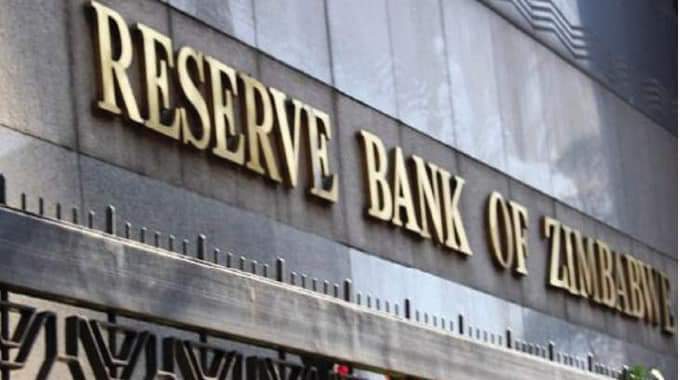Zim Central Bank Tightens Foreign Currency Regulations

In a move aimed at stemming the outflow of hard currency, the Reserve Bank of Zimbabwe (RBZ) has announced the reduction in the amount of foreign currency individuals can take outside the country.
This new regulation is part of a broader effort to rationalize the outflow of foreign currency and stabilize the country’s economy.
According to a gazette notice issued by the central bank, the maximum amount of foreign currency an individual can take out of Zimbabwe has been reduced from US$10,000 to US$2,000.
The RBZ cited concerns over the excessive outflow of foreign currency, which has put pressure on the country’s foreign exchange reserves.
The reduction is intended to encourage individuals and businesses to utilize foreign currency for legitimate purposes, such as imports and foreign investments, rather than for speculative or non-essential purposes.
“The measure is designed to promote export growth, attract foreign investment, and support the country’s economic development,” issued the RBZ. “We urge citizens and residents to utilize foreign currency responsibly and prioritize the country’s economic interests.”
The new regulation is effective immediately, and travelers leaving Zimbabwe will be required to declare the amount of foreign currency in their possession. Failure to comply with the new regulations may result in penalties and confiscation of excess currency.
The move has been welcomed by economists, who argue that it will help to stabilize the foreign exchange market and support the government’s efforts to revive the economy.
“This is a positive step towards managing Zimbabwe’s foreign currency reserves and promoting economic stability,” said economist Dr. Persistence Gwanyanya. “However, the RBZ must ensure that the regulations are implemented effectively and do not disrupt legitimate trade and travel.”
The reduction in foreign currency outflows is the latest in a series of measures implemented by the RBZ to stabilize the economy. The central bank has also introduced measures to improve foreign exchange management, increase exports, and attract foreign investment.
The development comes as Zimbabwe continues to struggle with economic challenges, including high inflation, foreign currency shortages, and a significant trade deficit.




